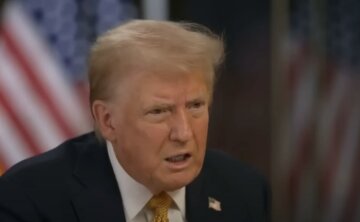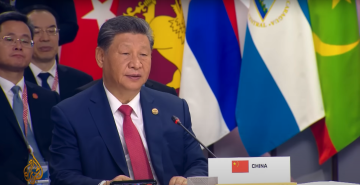The Beijing government immediately threatened countermeasures in the event that Trump imposes tariffs, while some Chinese businesses expressed concern about a potential halt in exports to the U.S.
However, as reported by "Voice of America," although new tariffs could negatively impact the Chinese economy, this decision may also signal the Trump administration's readiness to negotiate with Beijing.

"The Trump administration may use a 10% customs tariff as a way to push Beijing towards an agreement on certain issues important to the U.S., such as the fentanyl crisis, and to show the Chinese government that it could increase tariffs to as much as 60% if China is unwilling to engage in negotiations," noted Wu Se Chi, an expert on Chinese politics.
Given China's economic difficulties, the Beijing government is trying to avoid confrontation and might opt for less aggressive countermeasures, including filing a complaint with the World Trade Organization (WTO).

Other analysts point to the possibility that the low tariffs imposed by Trump indicate the beginning of a negotiation process. For instance, China could announce a large order for the American company Boeing or significantly increase imports of shale gas, which would be politically beneficial for Trump.
Despite this, some Chinese economists warn that the imposed tariffs could have a serious impact on China's economy. Beijing relies on exports to stimulate economic growth, and new trade barriers could lead to a slowdown in development.
However, according to Alicia Garcia-Herrero, chief economist for the Asia-Pacific region, the main sources of tension between the U.S. and China in the coming years will not solely be trade issues.
"The escalation of tensions between China and the U.S. will arise from significant national security issues, such as Taiwan and the deployment of American troops in the Philippines," she stated.
Source: holosameryky.